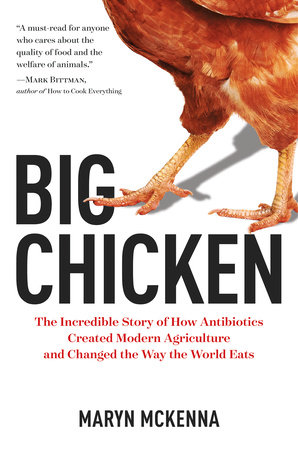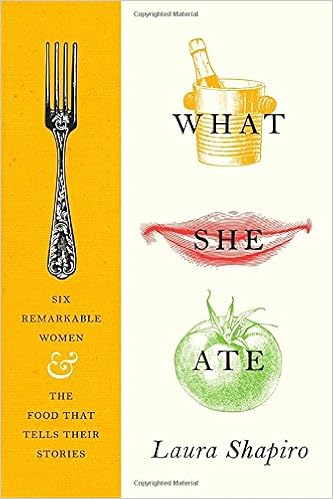Weekend Reading: Seven Cheap Things
Raj Patel & Jason Moore. A History of the World in Seven Cheap Things: A Guide to Capitalism, Nature, and the Future of the Planet. University of California Press, 2017.

I was pleased to do a blurb for this one:
This is a highly original, brilliantly conceptualized analysis of the effects of capitalism on seven key aspects of the modern world. Written with verve and drawing on a range of disciplines, A History of the World in Seven Cheap Things is full of novel insights.
What are the seven things so cheap that they are not valued appropriately?
- Nature
- Money
- Work
- Care
- Food
- Energy
- Lives
Read the book to connect the dots. As Patel and Moore conclude, if what they say “sounds revolutionary, so much the better.”







